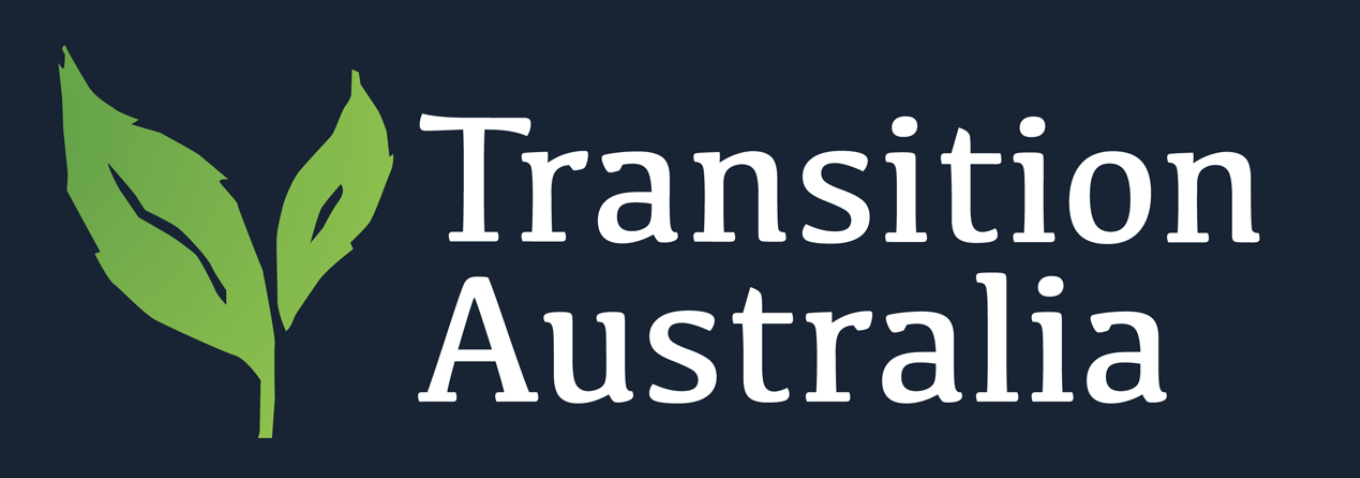With all this Zooming, how is it affecting how we express ourselves, and how we relate to others?
First of all, it brings the wide world into my lounge-room. My private world is surrounded by walls and door, nicely contained and secure, but the screen opens out into channels and pathways that lead to the wide world of other people and ideas.
The private and the public spheres get merged or blurred with this form of interaction. We hear each other’s dogs, see their co-habitants in the background and get a sense of the dwelling behind them. Someone pointed out the strange juxtaposition of sitting at your desk in pyjamas, having a work meeting.
There’s something here about roles merging. The worker is ‘created’ by a number of factors: by surrounds, the physical context, time frames, discourse, the expectations of others (our public persona). If any of those disappear, our sense of the role shifts – something of our public self is shed, and the private self makes the adjustment.
There’s a different but connected issue round Zoom, to do with having one’s own image reflected back from the screen. It is very distracting to see oneself ‘from the outside’, whilst feeling the Self from the inside. (I’ve heard it said that when we see a group photo including ourself, we go straight to our own image first – how distracting is that!).
We experience ourselves in the role of public person as well as private individual, simultaneously. This splits me away from my inner self, toward that harsher gaze of ‘the outside eye’. The person is not the face; I am not my face. Someone kindly showed me how to remove (“Hide self-view”) the picture of my face in the ‘Gallery’, while not hiding the camera, so others can still see me (but I don’t have to see my face looking at them and at myself)!
The gaze of the outsider, is a deeply embedded constraint on women’s psychological freedom, since females are conditioned to please the male gaze. In fact the conditioning of women goes further – by having us internalise that male gaze (we turn it upon ourself), so that women are conditioned to look at ourselves as if through the eyes of males. In this way, we get dislocated from our own centre, being ‘told’ by society that the central gaze, the one to be catered for, the one with power, is that of the male.
I want my gaze (my attention) to be within my own mind, heart and body. I need my mind – all of it – to be focused, clear and my own. So I will continue to hide my self-view on Zoom calls!
Kit Shepherd, Transition Bondi, May 2020

